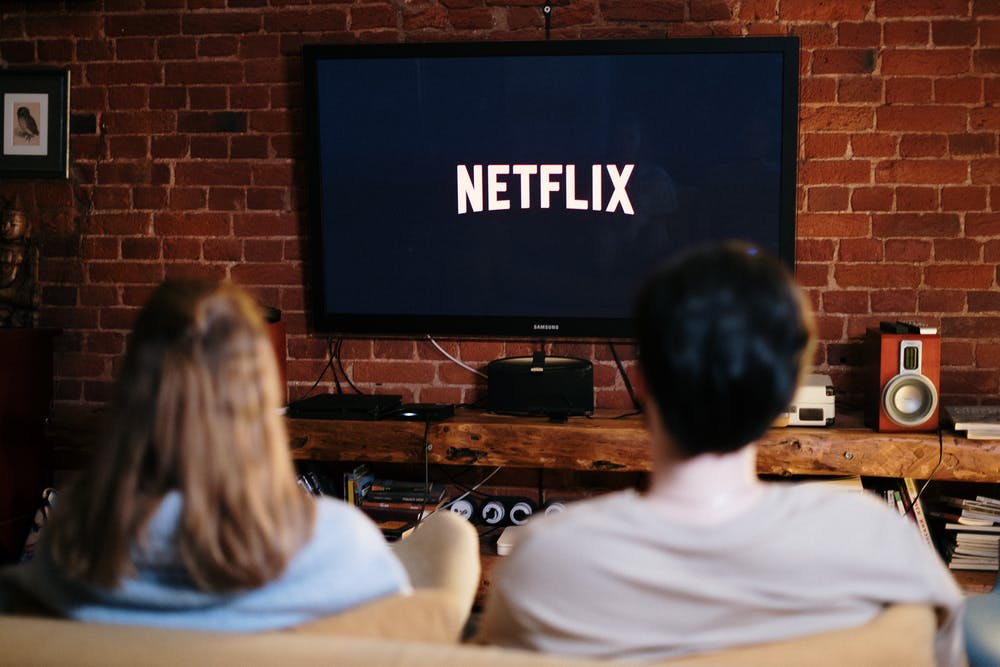|
By: R. Mautner With Netflix on the rise for the past decade, an increasing trend has been conspicuously noticed in the production and demand for TV shows rather than movies. At this point, anyone with access to the internet and media is aware of this takeover, given how it has dominated much of our likings and conversations. Why is this taking place? What do both consumers and producers get from each one? And could TV shows potentially replace movies as the star of the visual-media entertainment industry in the future?
One logical approach that explains this phenomenon quite well takes us back to some decades ago when streaming services weren’t known or didn’t even exist yet. For this kind of entertainment, films were the classic go-to, allowing cinema businesses to thrive. Soap operas - the oldest form of TV shows – already existed, but they required access to a channel and the commitment of watching every episode at a specific time of day. Over the last 20 years, though, streaming services – the most famous one being Netflix – have become increasingly common as a result of our society becoming more technological. As more people have access to the internet (currently 4.66 billion), streaming services thrive way more than cinemas. Still, though, even those services continue to not only stream movies but produce some of their own. Even though films tend to be more expensive to make, the profit or ‘box office’ money can surpass that of TV shows if they hit their target audience. On the other hand, TV shows gain more revenue from advertisements and can engage an audience on a continuous and much longer period than movies. In fact, many successful shows such as Grey’s Anatomy, Law and Order and Friends are or were on air for more than 10 years. In its essence, movies are riskier for the industry, given that their production is more expensive and may or may not profit hugely, whereas TV shows tend to be a steady source of income for businesses when successful through advertisements. As for shows replacing movies in the future, that is hard to say. From an economic perspective, one could argue that they already have, given how profitable they are for businesses. Netflix itself, the biggest streaming service, currently has 45% less movies and 400% more TV shows than it did in 2010. However, from a cultural perspective, there is no statistic that measures this. Although TV shows encourage viewers to tune in for long runs, each episode alone stimulates a viewer much less than a movie, since a narrative is usually spread out through a season, taking them more time to get to the climax – undeniably the most enjoyable part of any story. Therefore, even if they are ‘surpassed’ by TV shows in any way, movies will most likely never be abandoned by the industry being an iconic symbol of all entertainment society has yet to know.
0 Comments
Leave a Reply. |
Categories
All
Archives
June 2024
|

